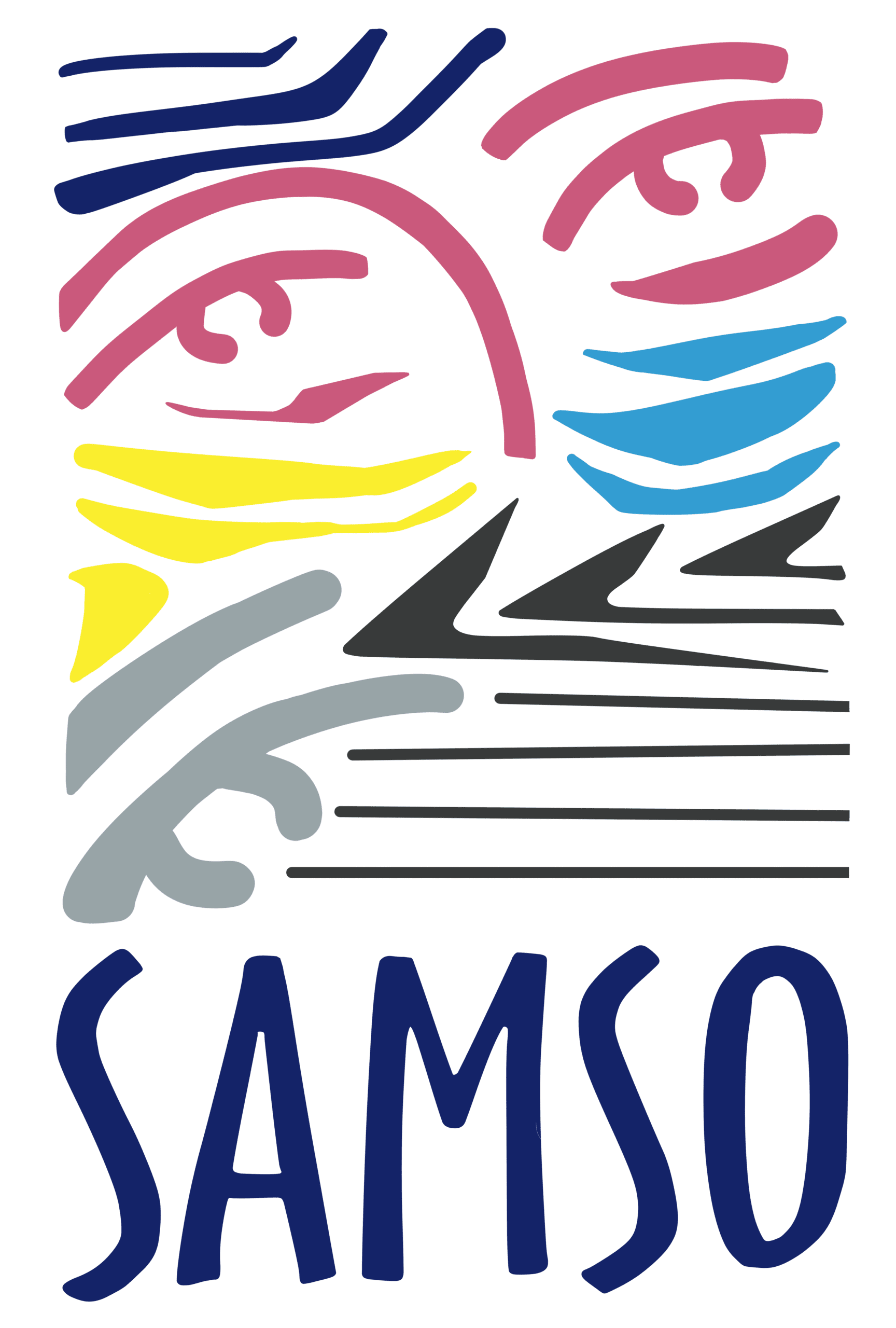African voices and resistance to visual stereotypes
The tide is turning. Across Africa, photographers and communities are taking back control of their visual narratives.
This isn’t just criticism—it’s revolution. From grassroots activists to professional photographers, African voices challenge every stereotype imposed upon them.
Reactions from African communities and diaspora
African communities refuse to accept one-dimensional representations any longer. Duncan McNicholl, who worked in Malawi, captured this frustration perfectly: “I compared these photos to my own memories of Malawian friends and felt lied to. How had these photos failed so spectacularly to capture the intelligence, the laughter, the resilience, and the capabilities of so many incredible people?” [7]
The diaspora echoes this sentiment. Many question why practices considered unethical in Western contexts become acceptable when photographing Africans. One observer notes: “I could never imagine that an organisation helping poor families in my country would take a picture of a mother holding a child and then print it on their adds! That would be invasive, dehumanising and breaking their right to privacy.” [7]
But Africans aren’t just critiquing—they’re creating alternatives. TikTok creators like @charityekezie use humour to address misconceptions about whether African countries have shoes or basic technology. Their content challenges decades of stereotypical thinking.
The message is clear: We’re not waiting for permission to tell our own stories.
Emerging African photographers reclaiming the narrative
A new generation of African photographers is changing everything. These artists create work that celebrates complexity rather than reinforcing tired stereotypes.
Ethiopian-born Aida Muluneh founded Desta for Africa with a clear mission: “Photography continues to play a key role in how we are seen… We need to create our own platforms… to be self-sustainable and to be able to compete in the international market.” [20]
In Kenya, 24-year-old Joe Lukhovi captures everyday life in Nairobi: “Photography is my way to let the identity of closed communities emerge. It’s plainly wrong to only show the negative sides of a country and skip the positive ones.” [21]
South African Anthony Bila founded The Expressionist to challenge prevailing narratives: “I want to step off the one-dimensional view that is being fed to us by international mass media. Africa is anything but lost; instead it’s a place full of possibilities and beauty.” [21]
These photographers share something vital—they collaborate with their subjects. Taesirat Yusuf explains: “I always try to project my creativity through my work while making sure whoever my muse is understands what exactly we are trying to create and what it stands for.” [22]
This builds on a proud legacy. African photographers like Ernest Cole, Ranjith Kally, and Rashid Lombard have always documented both struggle and joy. They created visual testimonies that honour complexity.
The difference now? The world is finally listening.


Leave a Reply